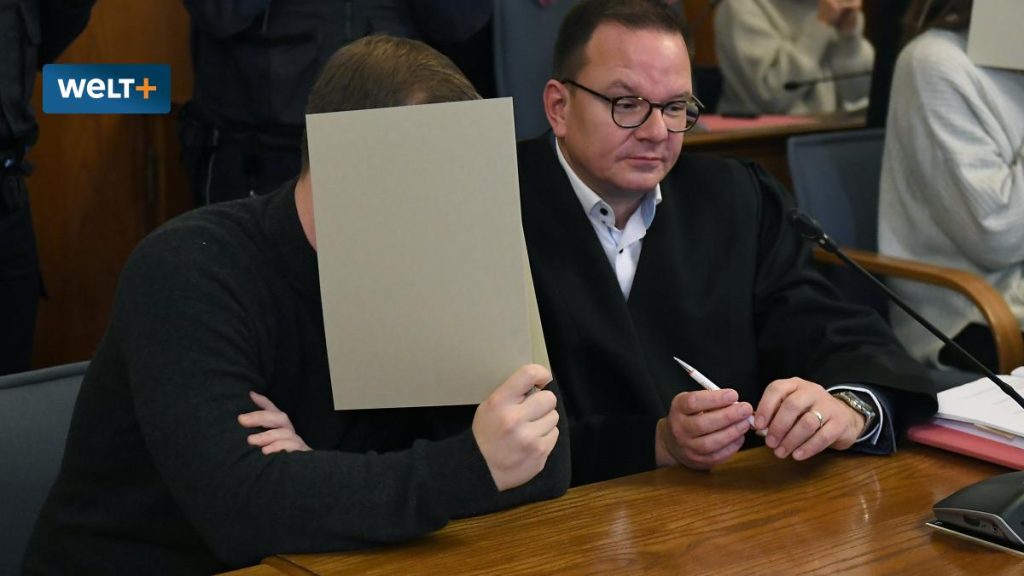In the summer of 2022, a tragic incident occurred in which 16-year-old Moumahed Dramé was shot and killed during a police operation. The main accused officer involved in the shooting has now testified, revealing the immense impact the incident has had on him. He explained that he felt compelled to fire the shots at the Senegalese teenager and expressed his remorse for the fatal outcome. The officer also addressed Dramé’s brothers, perhaps seeking to offer some form of explanation or closure to the grieving family.
During his testimony, the accused officer detailed the events leading up to the shooting and the factors that influenced his decision to use lethal force. He emphasized that he acted out of a perceived necessity to protect himself and others from a perceived threat posed by Dramé. The officer’s testimony sheds light on the complexities of policing and the difficult decisions officers sometimes face in high-pressure situations. It also highlights the long-lasting emotional toll that such incidents can have on those involved.
The officer’s account has sparked debate and controversy, with some questioning the justification for the use of deadly force in this particular case. Critics argue that alternative de-escalation tactics could have been employed to resolve the situation without resorting to lethal means. The case has reignited discussions around police accountability and the need for better training and oversight to prevent similar tragedies from occurring in the future. The officer’s testimony has raised important questions about the use of force by law enforcement and the consequences of such actions.
As the trial unfolds, the testimony of the accused officer will likely play a crucial role in determining the outcome of the case. The officer’s emotional response and expression of regret may sway the jury or judge in their decision-making process. It remains to be seen how the court will weigh the officer’s justification for his actions against the tragic loss of life that resulted from the shooting. The trial serves as a reminder of the need for transparency and accountability in law enforcement and the importance of addressing systemic issues that can lead to such tragic incidents.
The shooting of Moumahed Dramé has had a profound impact on his family, who continue to mourn the loss of their loved one. The emotional toll of losing a family member in such a violent manner cannot be understated, and the family’s quest for justice and closure will continue long after the trial has concluded. The case has also sparked broader conversations about race, policing, and the ways in which marginalized communities are disproportionately affected by police violence. It serves as a reminder of the need for systemic change to address the root causes of these issues and prevent future tragedies from occurring.
In the aftermath of Dramé’s death, his family, friends, and supporters have called for accountability and justice for the young man whose life was cut short. They have demanded transparency from the authorities and urged for a thorough investigation into the circumstances surrounding the shooting. The case has brought to light the complexities and challenges of navigating the legal system in cases of police violence and raised important questions about the role of law enforcement in society. As the trial continues, the fate of the accused officer and the pursuit of justice for Moumahed Dramé hang in the balance, underscoring the need for accountability and reform within the criminal justice system.


